Why You Need a Naples Personal Injury Lawyer (Even for “Minor” Injuries)
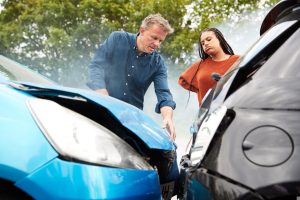 When you’ve been injured in an accident, it’s easy to dismiss what seems like a minor injury. Maybe you walked away with just a few scrapes, some soreness, or a slight headache. You might think, “I’ll be fine in a few days,” and decide to handle everything yourself. But as many Naples residents have discovered, this approach can lead to significant regrets down the road. That’s why even if you’re unsure whether you really need to hire a Naples personal injury lawyer, we recommend at least scheduling an initial consultation with one. It’s free, no commitment – and Florida injury lawyers actually have incentive to be forthcoming with you about the viability and value of your claim, as well as the extent to which their time and skills will be an asset for your case (or not).
When you’ve been injured in an accident, it’s easy to dismiss what seems like a minor injury. Maybe you walked away with just a few scrapes, some soreness, or a slight headache. You might think, “I’ll be fine in a few days,” and decide to handle everything yourself. But as many Naples residents have discovered, this approach can lead to significant regrets down the road. That’s why even if you’re unsure whether you really need to hire a Naples personal injury lawyer, we recommend at least scheduling an initial consultation with one. It’s free, no commitment – and Florida injury lawyers actually have incentive to be forthcoming with you about the viability and value of your claim, as well as the extent to which their time and skills will be an asset for your case (or not).
Minor Today, Major Tomorrow
What might seem like a “minor” injury today can develop into something far more serious over time. Consider these common scenarios:
- That “simple” neck strain from a fender bender could be the beginning of chronic whiplash issues that require extensive physical therapy.
- The slight back pain you feel after a slip and fall might actually be the first sign of a herniated disc.
- A seemingly minor bump to the head could mask the symptoms of a concussion that doesn’t fully manifest until days later.
Medical professionals routinely see patients who initially downplayed their injuries, only to discover weeks or months later that they were dealing with something much more serious. By then, the connection between the accident and your worsening condition becomes harder to establish. Consulting with a Naples personal injury lawyer early on helps ensure you at least preserve important documentation that could become important later if you do decide to pursue a bigger claim.
Claim Value Goes Beyond Injury Severity
While the severity of an injury certainly impacts the value of any personal injury claim, it’s far from the only factor that matters. Your case’s worth depends on numerous considerations:
- The long-term impact on your earning capacity.
- Potential future medical treatments.
- Pain and suffering.
- Emotional distress.
- Loss of enjoyment of life.
- The strength of liability evidence.
- Insurance coverage limitations.
An experienced Naples personal injury lawyer understands how to evaluate all these factors to ensure you receive fair compensation. Even a seemingly minor injury can lead to significant costs when all these elements are properly accounted for.
Insurance Companies Count On Your Underestimation
Insurance adjusters have one primary goal: to minimize the amount paid out on claims. They count on accident victims underestimating their injuries and settling quickly, before the full extent of damages becomes apparent.
When you handle a claim yourself, you’re likely unaware of the true value of your case. Insurance companies exploit this knowledge gap, often offering quick settlements that seem reasonable at first glance but fall drastically short of what you may need for long-term recovery.
The Contingency Fee Arrangement: Your Financial Safety Net
Florida law requires personal injury attorneys to work on a contingency fee basis. This means:
- You pay nothing upfront to hire an attorney.
- Legal fees are only collected if your case succeeds.
- The attorney’s payment comes as a percentage of your recovery.
This arrangement creates a powerful alignment of interests between you and your attorney. Your Naples personal injury lawyer only gets paid when you do, and the amount they receive is directly proportional to your success. This system inherently prevents injury attorneys from taking cases they don’t believe have merit.
In practical terms, this means your attorney will be completely honest about whether you truly need their services. If an attorney accepts your case, it’s because they genuinely believe they can add value beyond what you could recover on your own.





 Florida Personal Injury Lawyer Blog
Florida Personal Injury Lawyer Blog



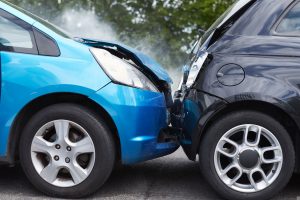 Being involved in a rear-end collision can be a jarring and disorienting experience. As a
Being involved in a rear-end collision can be a jarring and disorienting experience. As a 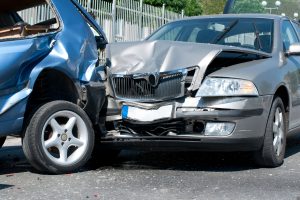
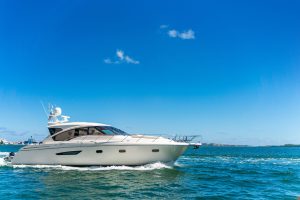 Florida’s beautiful coastlines and waterways make boating one of our most cherished activities. From fishing charters in the Gulf to jet ski rentals on our inland waters, these experiences should create lasting memories—not lasting injuries. Unfortunately, accidents on charter boats and rental watercraft occur with alarming frequency in the Fort Myers area.
Florida’s beautiful coastlines and waterways make boating one of our most cherished activities. From fishing charters in the Gulf to jet ski rentals on our inland waters, these experiences should create lasting memories—not lasting injuries. Unfortunately, accidents on charter boats and rental watercraft occur with alarming frequency in the Fort Myers area.
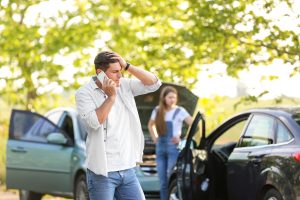 Being involved in a serious car accident is stressful enough. Finding out the other driver doesn’t have insurance can make a difficult situation even worse. If you’re hit by an uninsured driver in Cape Coral, the personal injury lawyers at Garvin Injury Law can help you explore all possible avenues for monetary compensation.
Being involved in a serious car accident is stressful enough. Finding out the other driver doesn’t have insurance can make a difficult situation even worse. If you’re hit by an uninsured driver in Cape Coral, the personal injury lawyers at Garvin Injury Law can help you explore all possible avenues for monetary compensation.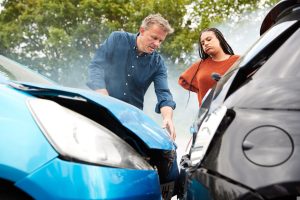
 Here in the Sunshine State, outdoor exercise is a year-round privilege enjoyed by many. As an experienced Fort Myers
Here in the Sunshine State, outdoor exercise is a year-round privilege enjoyed by many. As an experienced Fort Myers 
 The gig economy is thriving, and Florida is no exception. Independent contractors, from rideshare drivers to freelance professionals, make up a significant portion of the workforce. According to a
The gig economy is thriving, and Florida is no exception. Independent contractors, from rideshare drivers to freelance professionals, make up a significant portion of the workforce. According to a  If you’ve been injured in an accident and are considering pursuing a personal injury claim, you might be wondering what happens during a free consultation with a
If you’ve been injured in an accident and are considering pursuing a personal injury claim, you might be wondering what happens during a free consultation with a  When it comes to Naples personal injury claims, acting swiftly can make all the difference between securing rightful compensation and losing your opportunity to file a claim.
When it comes to Naples personal injury claims, acting swiftly can make all the difference between securing rightful compensation and losing your opportunity to file a claim.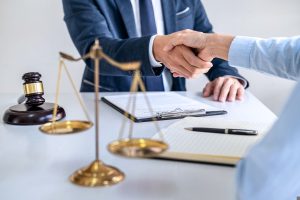
 Knowing your worth is important in life. As it turns out, it’s important in personal injury cases too. Accurately estimating the monetary value of a personal injury case is one of the first orders of business for newly-hired
Knowing your worth is important in life. As it turns out, it’s important in personal injury cases too. Accurately estimating the monetary value of a personal injury case is one of the first orders of business for newly-hired 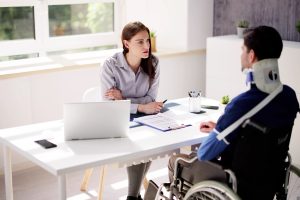
 When an accident results in a severe, life-altering injury, it may be classified as a “catastrophic injury” under Florida law. Our
When an accident results in a severe, life-altering injury, it may be classified as a “catastrophic injury” under Florida law. Our 







